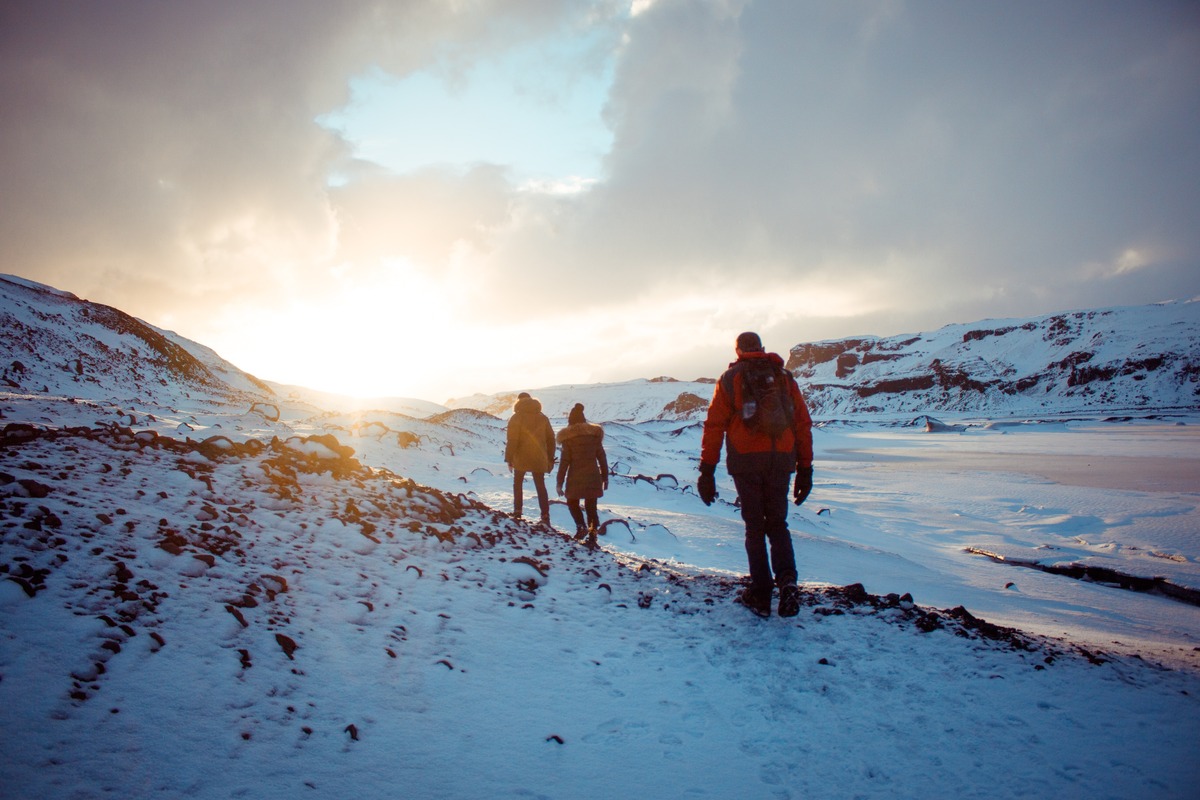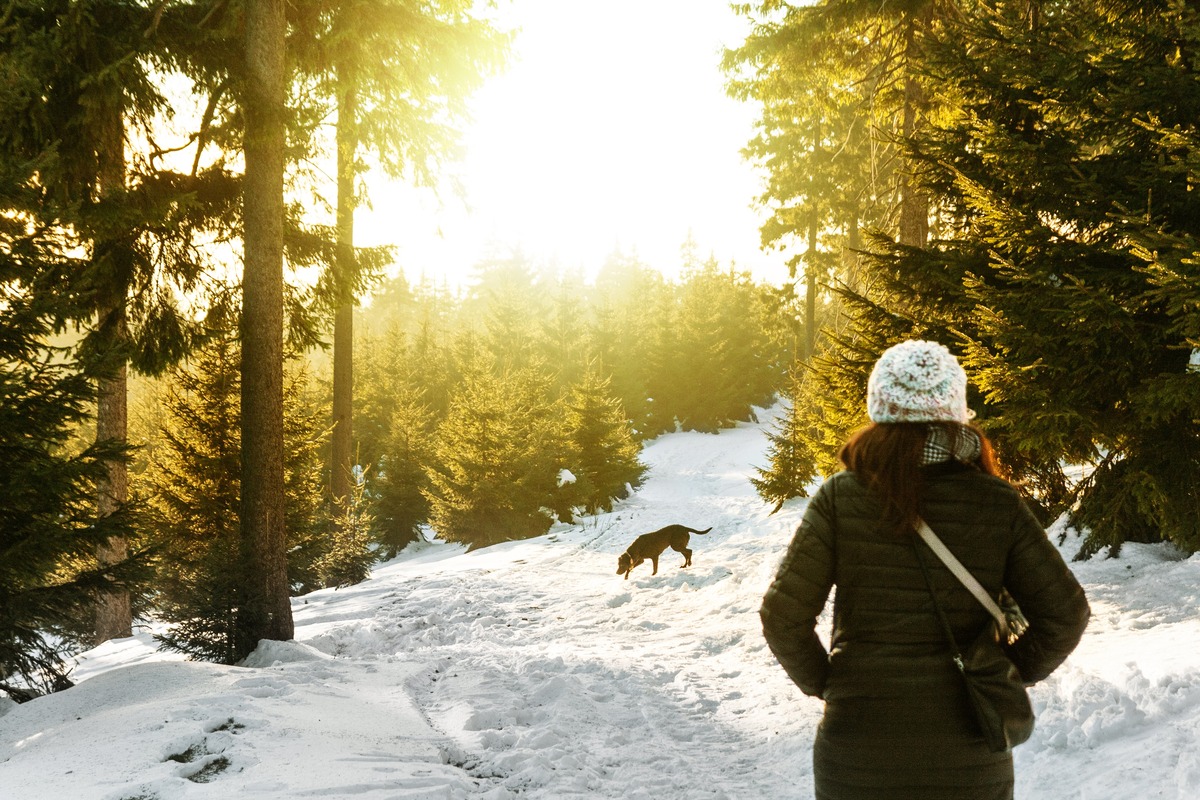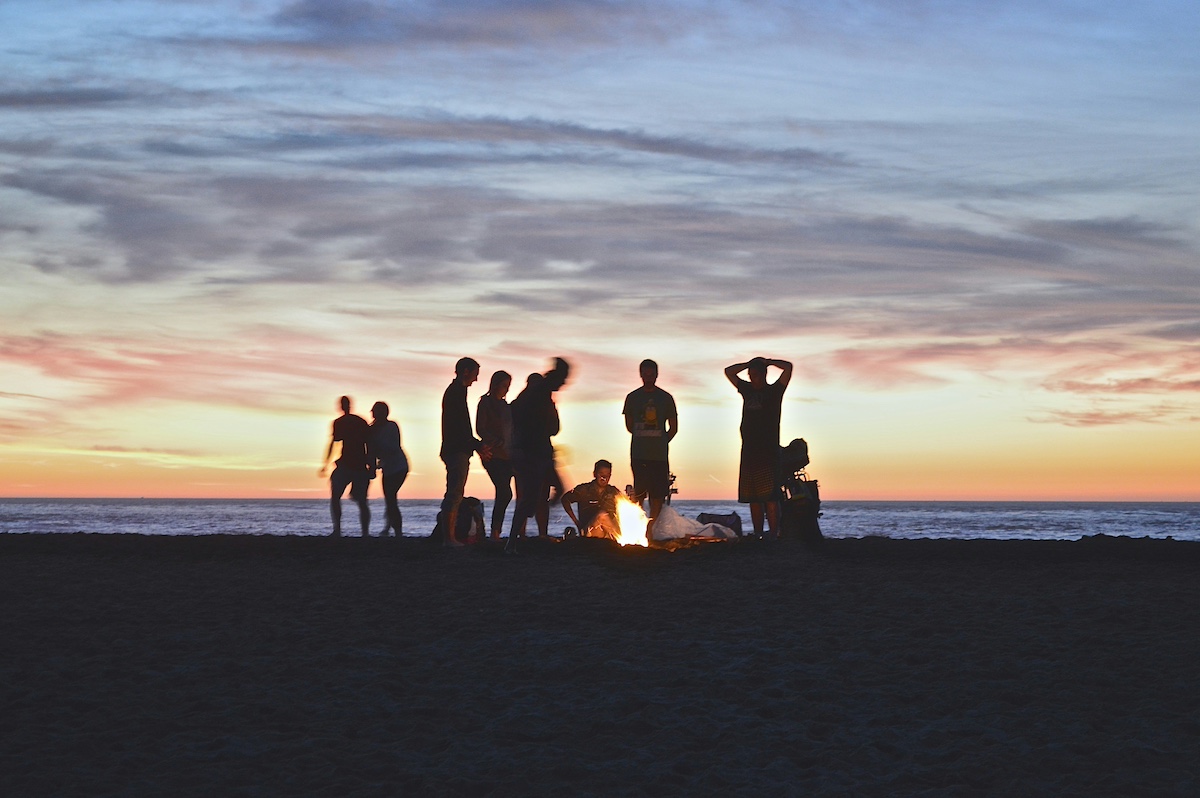

Winter skincare is crucial, especially if you spend a lot of time outdoors exposed to cold, wind, and precipitation like I do. I have spent a lot of time in the cold running, climbing, and skiing, and as a result, I have experienced some uncomfortable skin situations, especially windburn.
Videos by Outdoors with Bear Grylls
We think of sunburn all year, but windburn often flies under the radar. Windburn feels similar to sunburn, except sometimes it stings more in the moment. It’s most common on the face. Protecting your face with a neck gaiter or buff, as well as putting rubbing vaseline on your face prior to going out in the wind can help.
Want more tips? Here is Outdoors.com’s guide to taking care of your skin in winter.
Winter Skincare Tips
Hydration
Cold weather can dehydrate your skin much faster than you think. Drinking plenty of water to stay hydrated from the inside out is critical. Try heating up water to lukewarm to make it more appealing to drink.
Moisturize

Use a rich, hydrating moisturizer to prevent dry and cracked skin. Look for products with ingredients like shea butter, hyaluronic acid, or ceramides. Be careful, because some products can freeze or become very stiff in the cold, especially if they have a wax base. One of my favorite cold-weather skincare products is Rhino Skin Solutions Repair Cream.
Sun Protection
Don’t skip sunscreen, even in winter. UV rays can still damage your skin, and if you are spending a lot of time on snow, or even a glacier, this is even more important. Choose a broad-spectrum sunscreen with at least SPF 30 and apply it to any exposed skin. Sunglasses are also critical in winter to protect your eyes from the sun as well as the elements.
Lip Balm
Lips are prone to dryness and chapping. Use a moisturizing lip balm with SPF protection to keep them hydrated and protected.
Protective Clothing
Wear appropriate clothing to shield your skin from harsh winds and cold temperatures. Opt for layers, and don’t forget a hat and gloves.
Humidify Indoors
Indoor heating systems can dry out the air, affecting your skin. Use a humidifier to add moisture to the air in your home.
Stay Active

Regular exercise improves blood circulation, which is beneficial for your skin. Just make sure to protect your skin during outdoor activities.
Nutrition
Eat a balanced diet rich in vitamins and antioxidants to promote skin health. Foods like fruits, vegetables, and omega-3 fatty acids are beneficial.
Remember, everyone’s skin is different, so it’s essential to pay attention to your skin’s needs and adjust your skincare routine accordingly. If you still aren’t sure where to start with winter skincare, consult a dermatologist.










coconut oil acts as a good moisturiser.